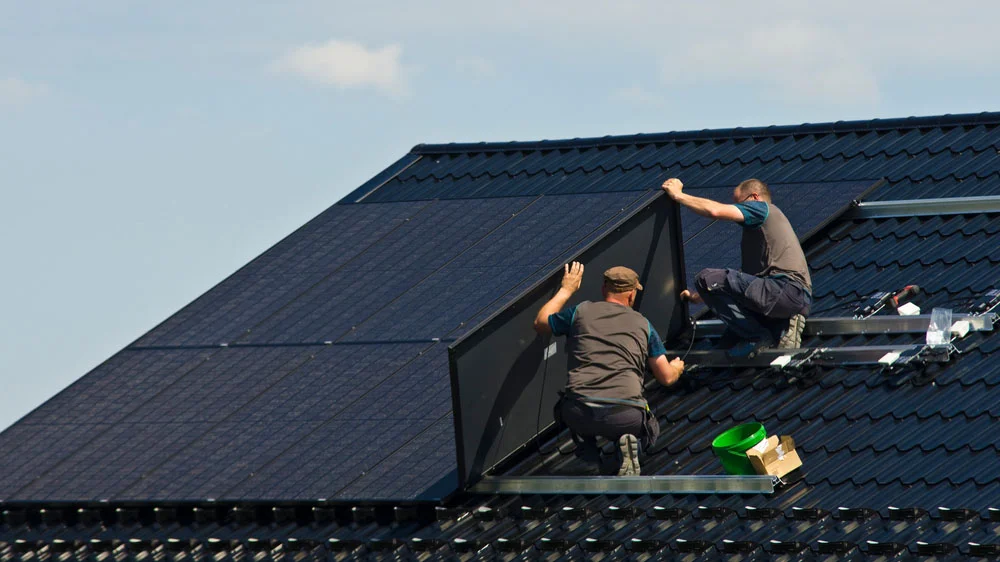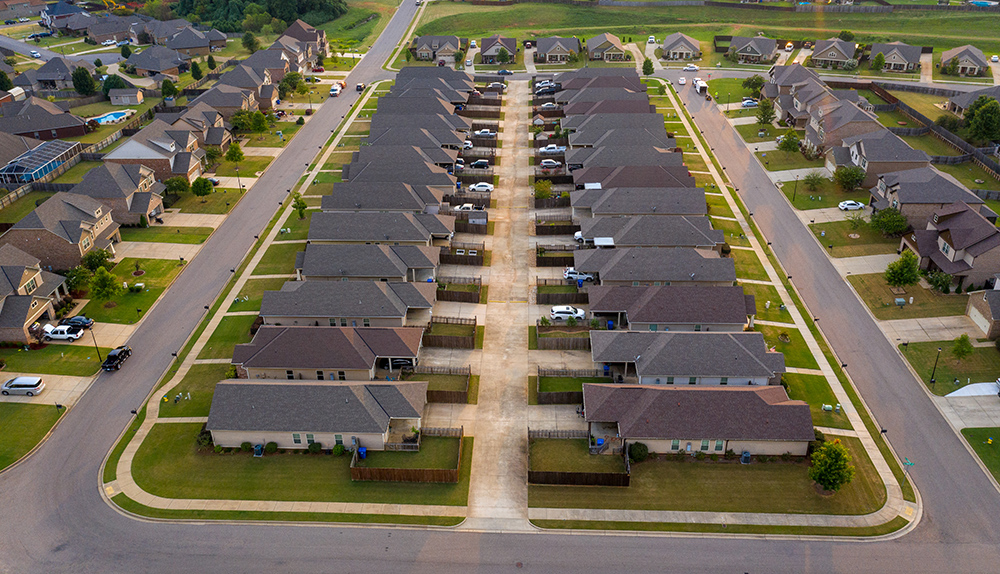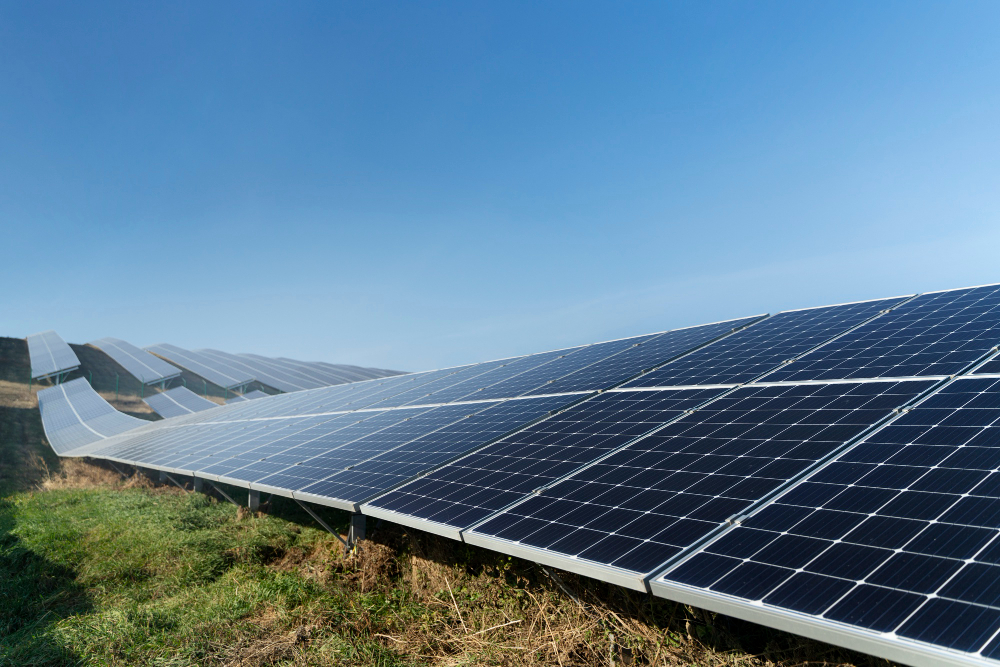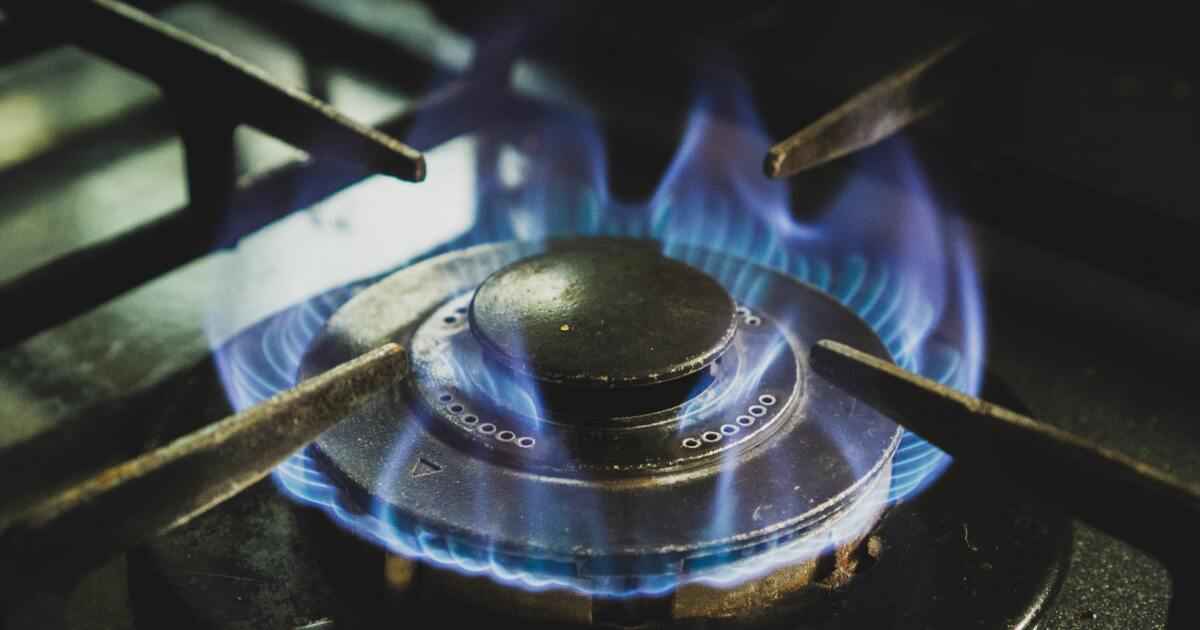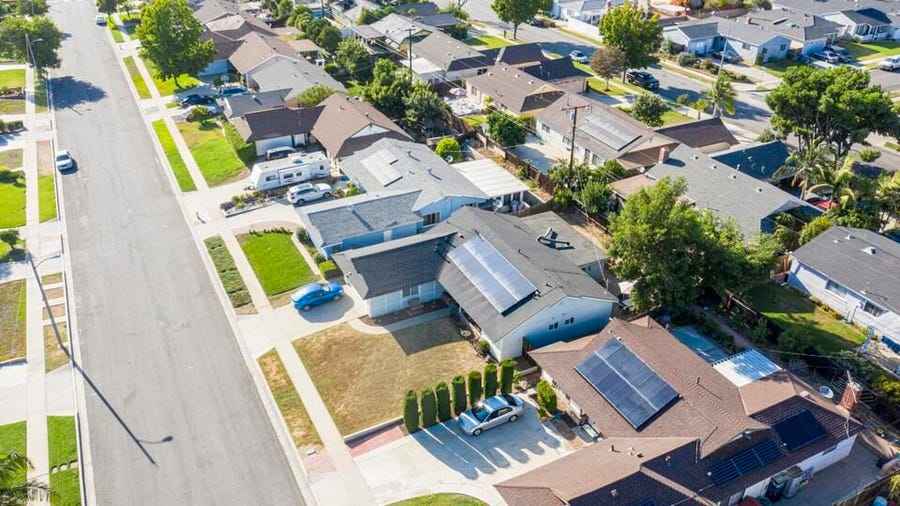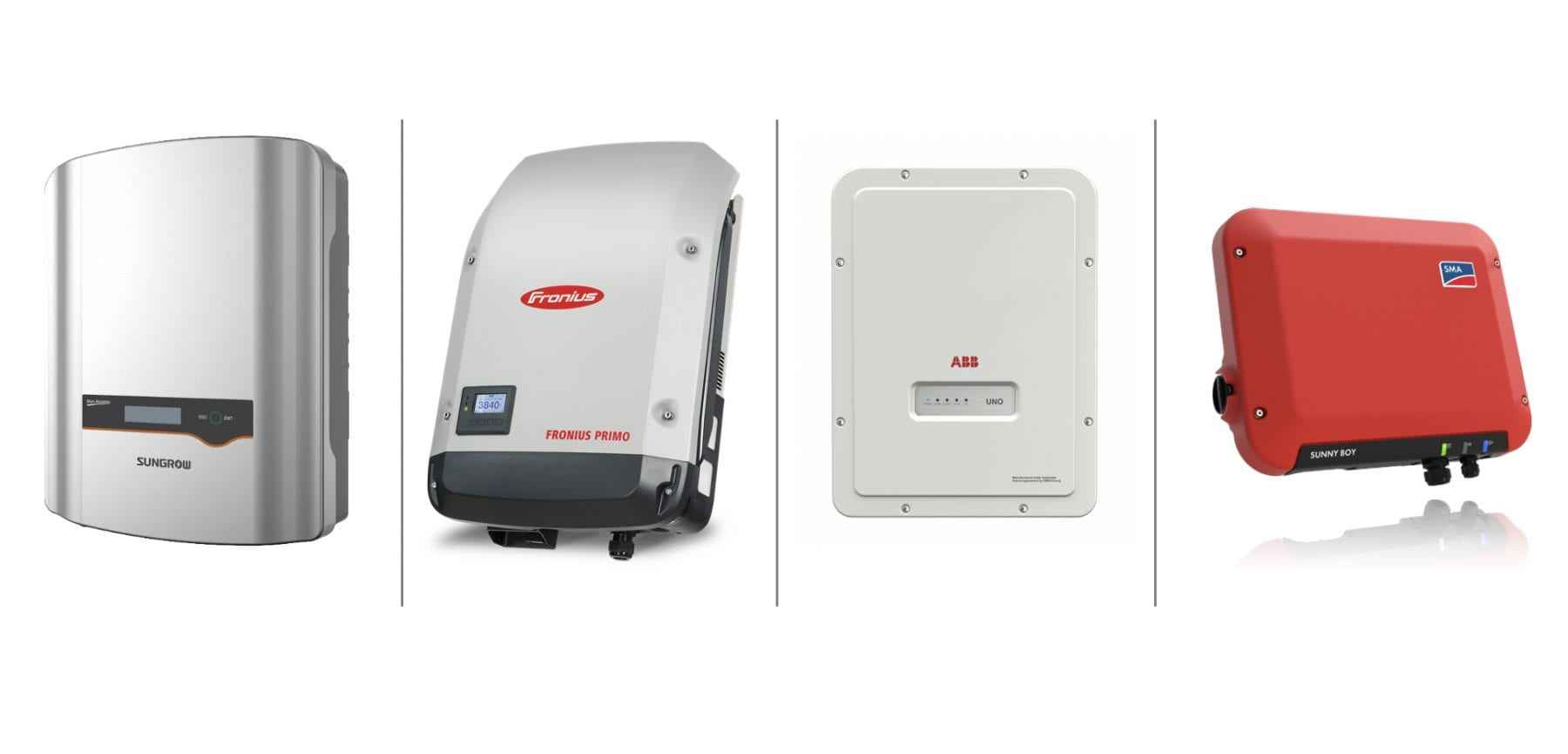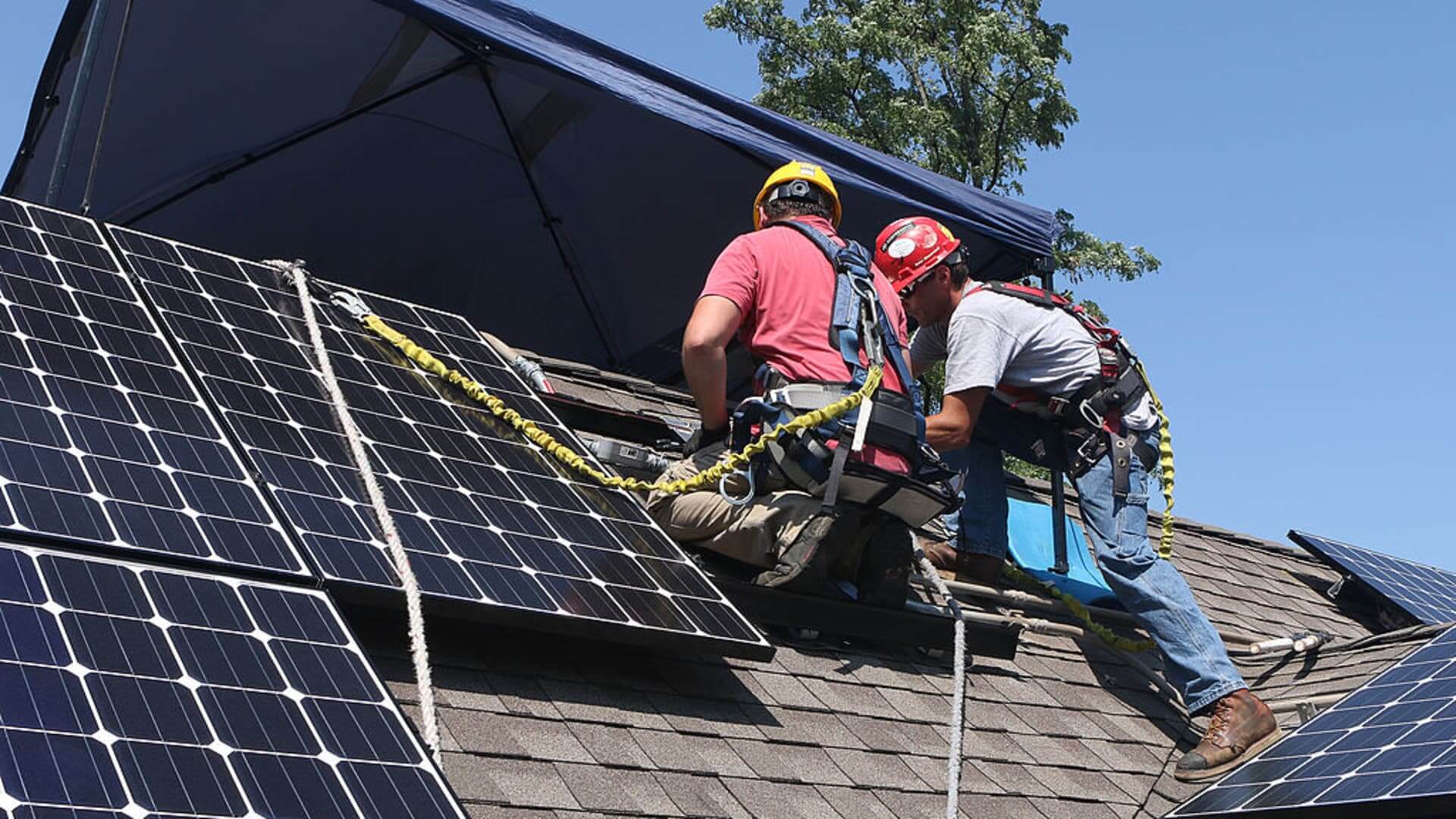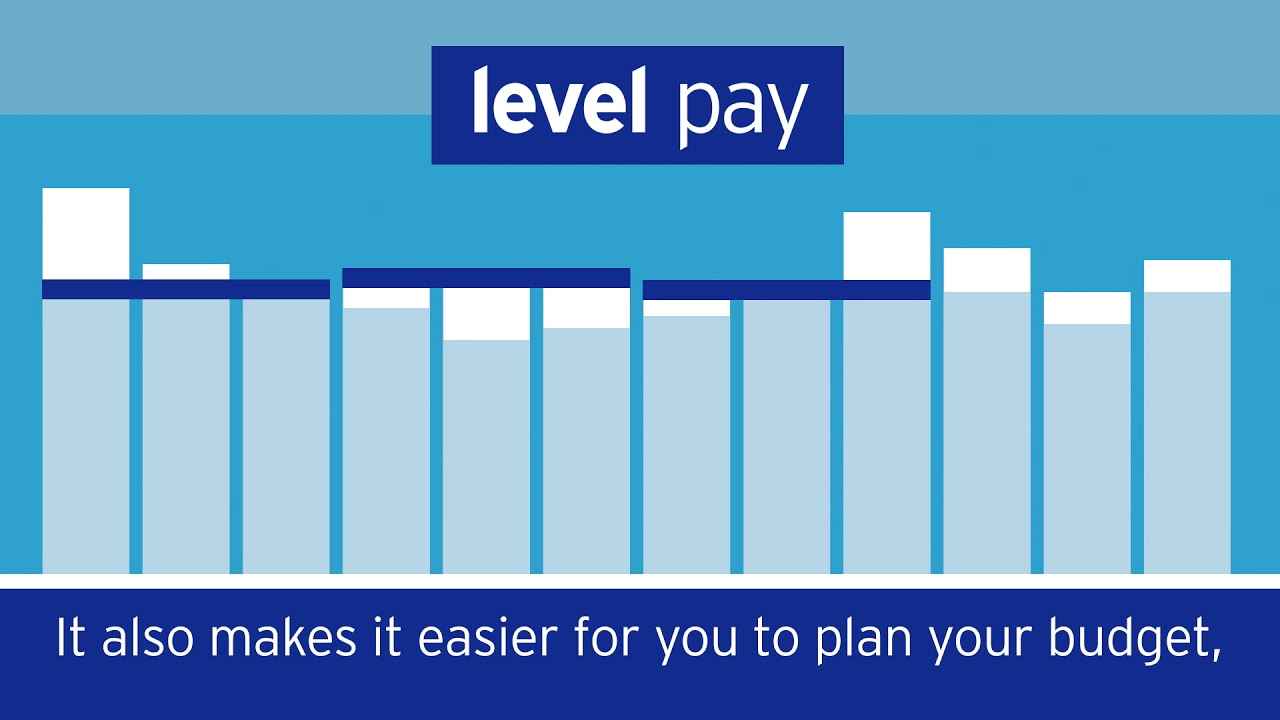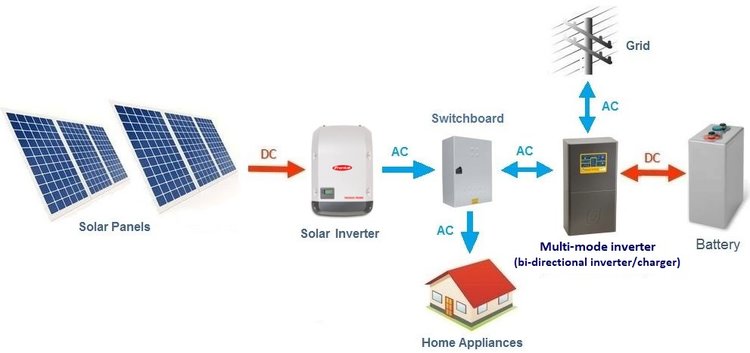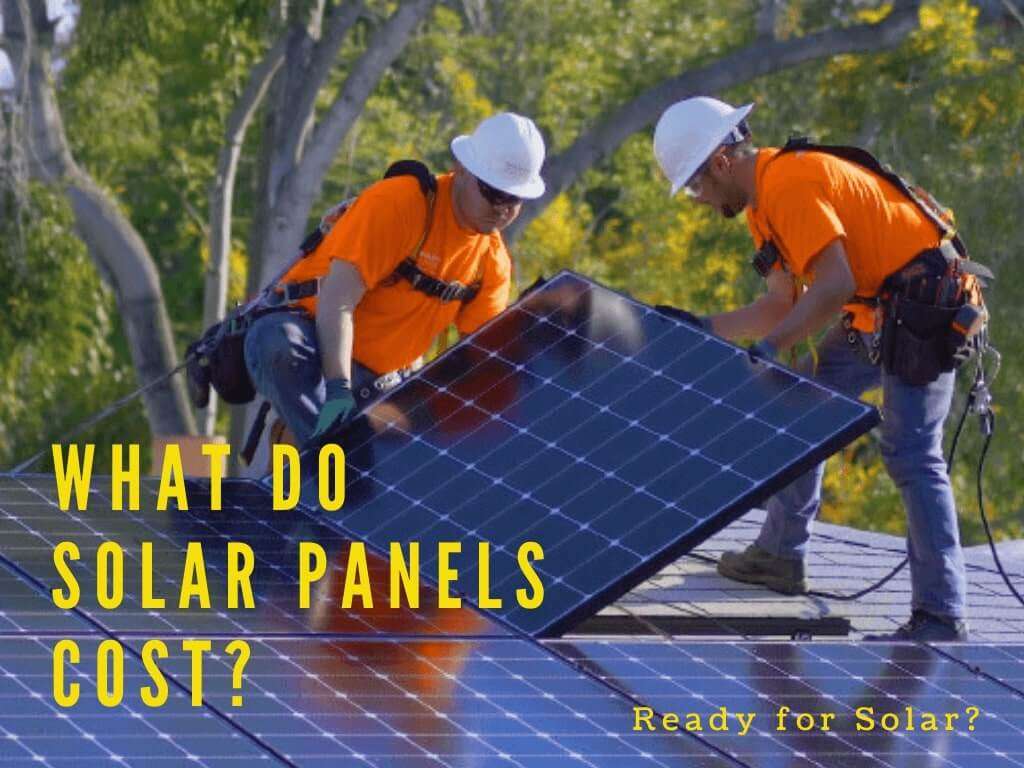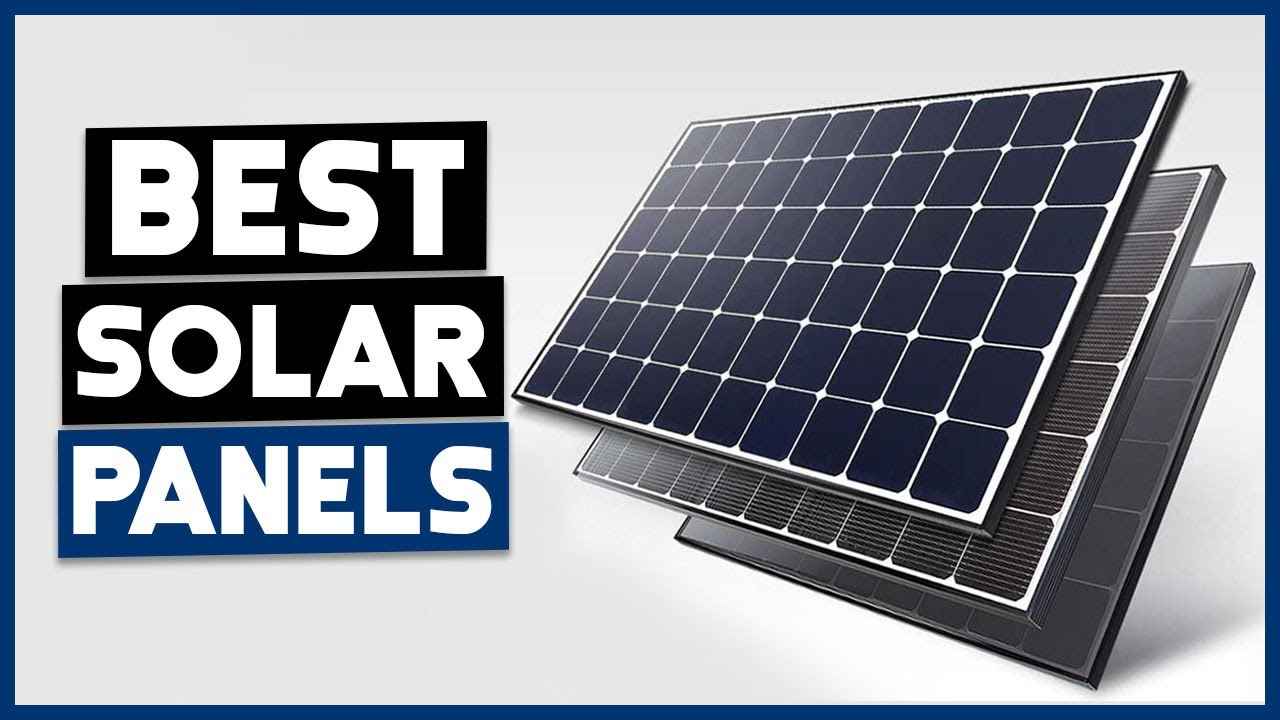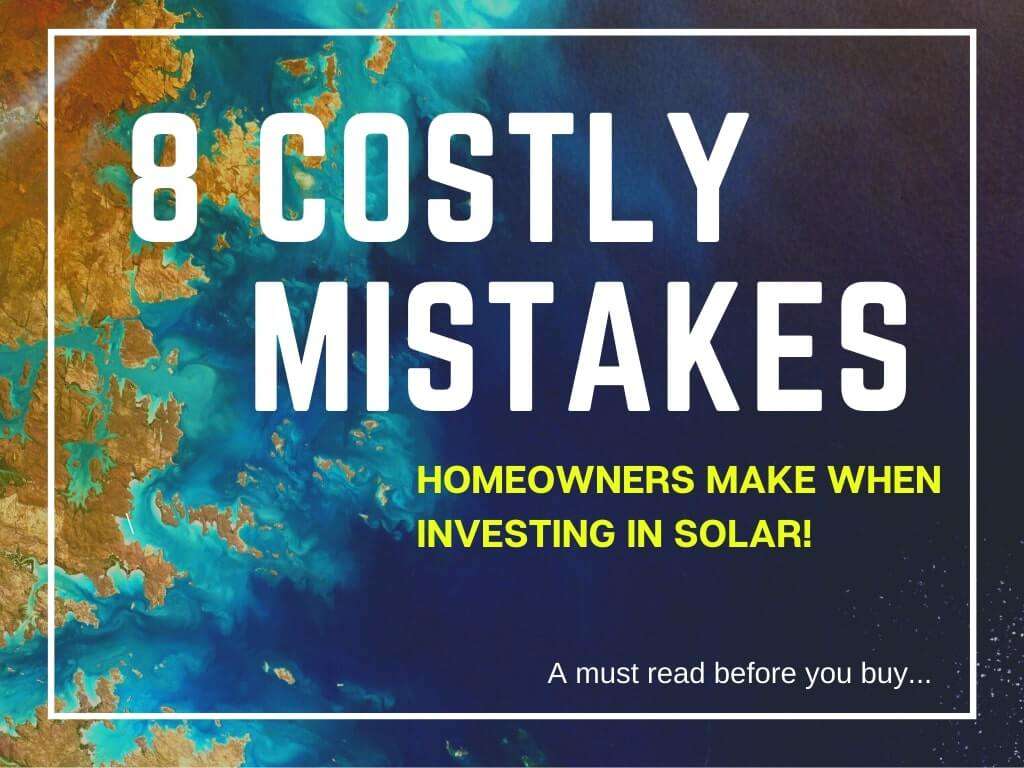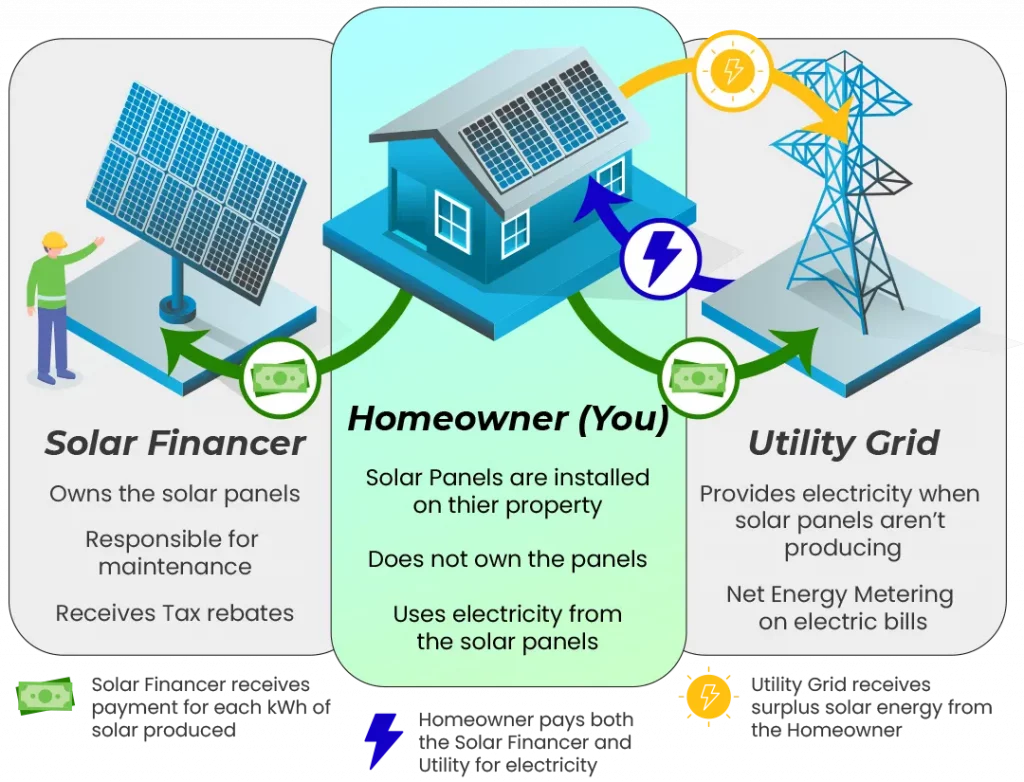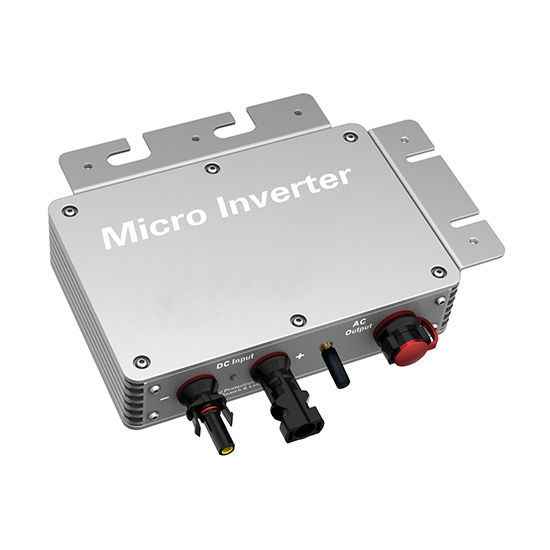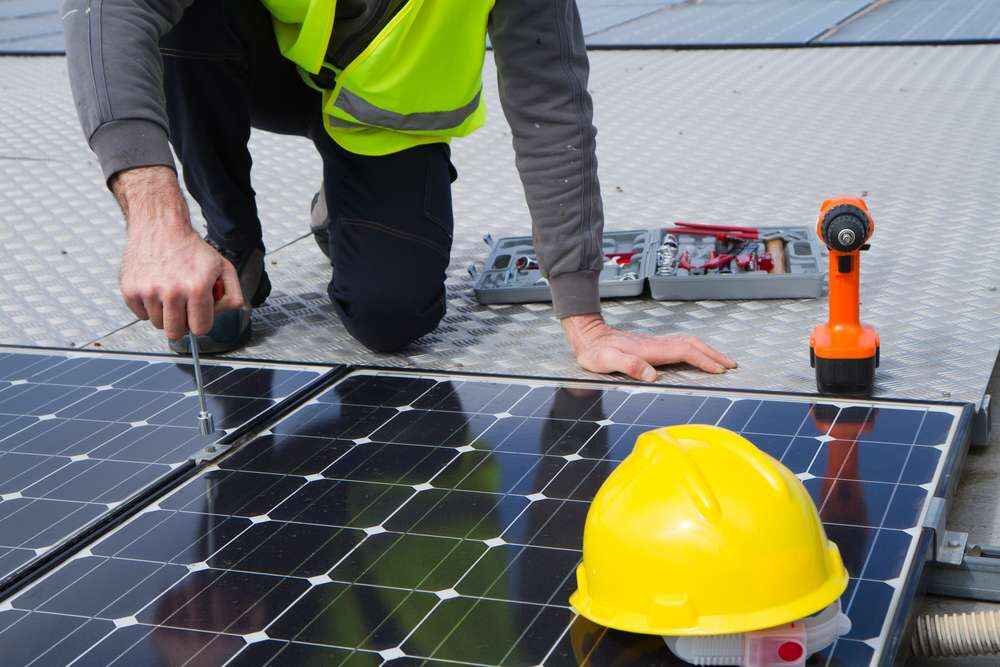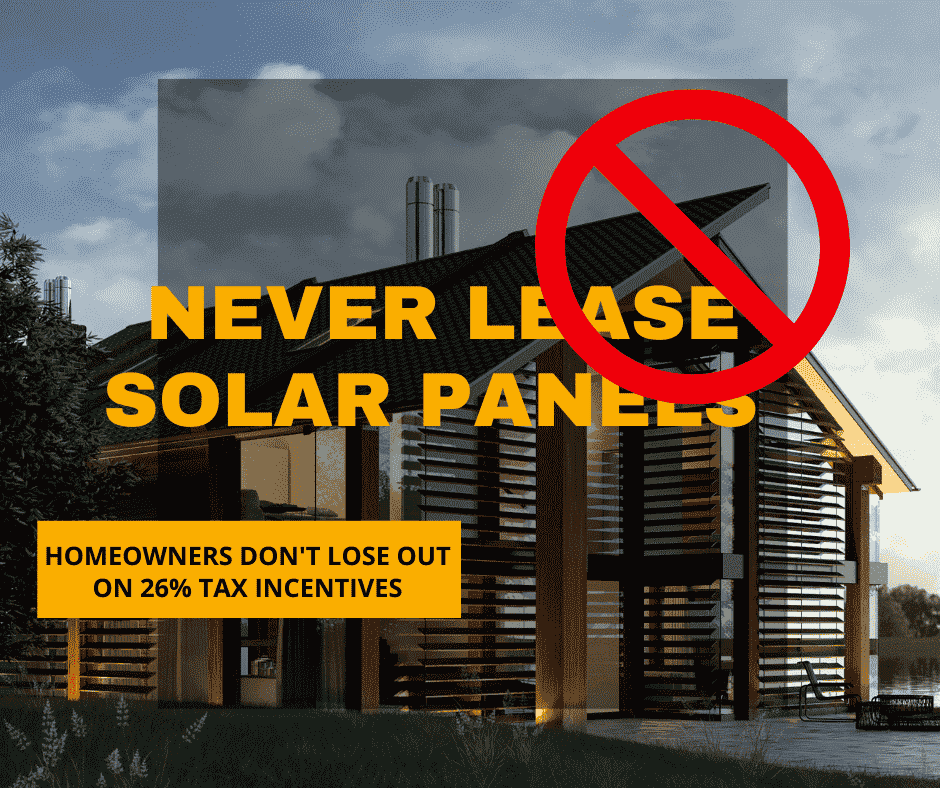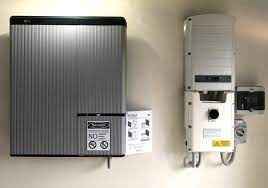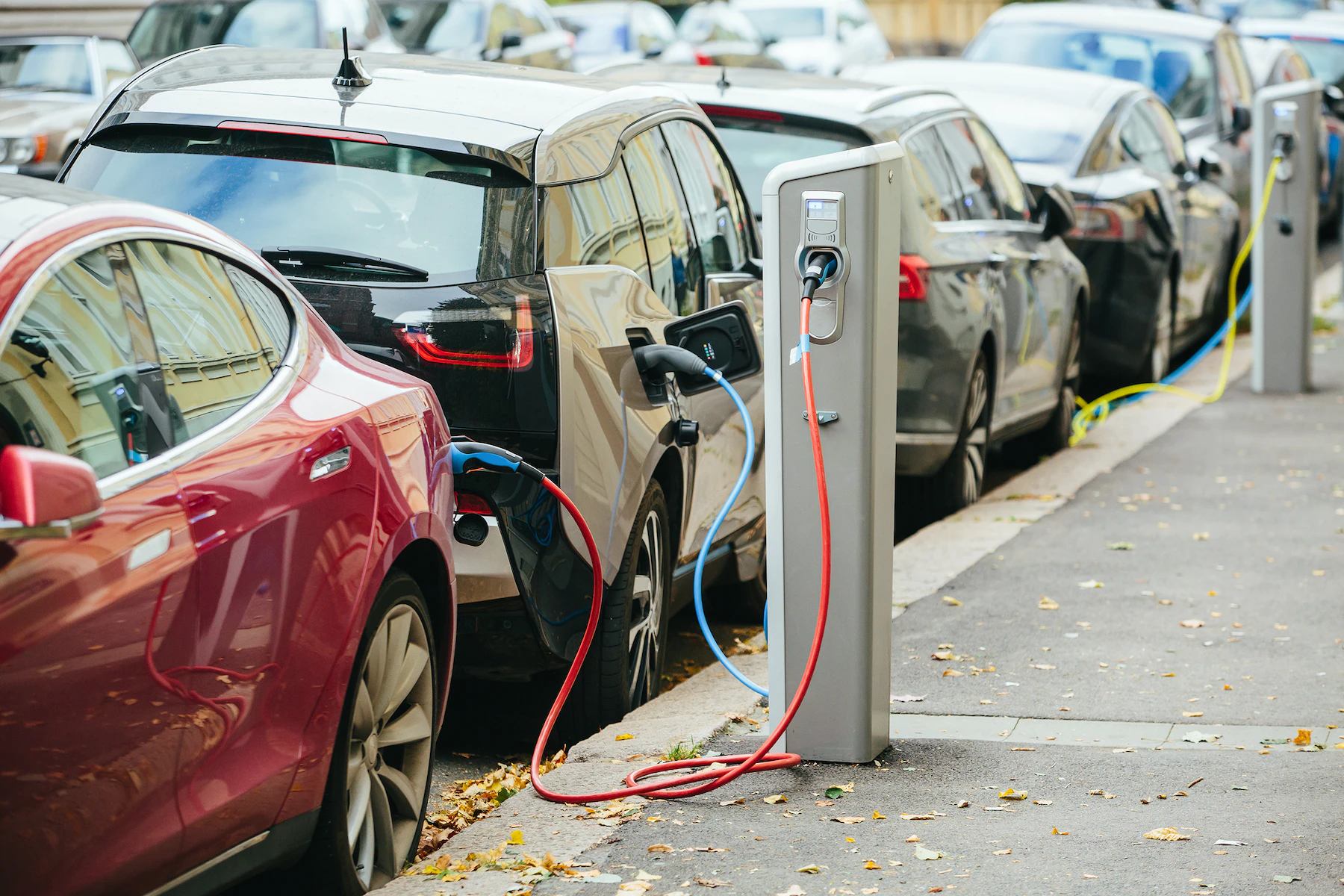
- December 18, 2022
- admin
- 0
Written by Saltanat Berdikeeva
Edited by Hannah Hillson
Last updated 05/12/2022
Key Points:
- A warranty protects your investment in solar panels.
- Solar systems involve several components, each benefiting from a warranty.
- A single, comprehensive solar warranty is the best option.
- Regular maintenance prevents major warranty claims, but your installer can help if a claim is needed.
Why is a solar warranty important?
Solar panels are a sound long-term investment. A high-quality solar system will help you generate clean and renewable energy and reduce your energy costs for many decades. So, having a good warranty on your solar system is essential because it will protect you from costly out-of-pocket repairs and replacements of your solar system’s parts.
A solar system includes various components, such as solar panels, an inverter, racking equipment, and solar batteries. If the parts come from different manufacturers, you cannot use one warranty to cover the entire system. At the same time, separate warranties for various solar system components will have different terms and conditions. So, it is vital to understand what a solar warranty is, when to use it, how to file a claim, and what to expect.
What is a solar warranty, and why do you need it?
A solar warranty is a guarantee by a manufacturer of solar equipment that they will fix or replace a product within a specific timeframe if it does not operate properly or there are any defects. With a warranty, you do not need to worry about paying for any unexpected repair or replacement costs of your solar system after it is installed. Without a good protection plan, repairs and replacements of solar panels will be costly. A warranty will protect you from paying out of pocket for any faulty equipment and parts and improper solar installation.
All solar components come with manufacturer warranties that have varying lifespans. It is worth considering buying an extended solar warranty, which is a relatively inexpensive long-term investment. On average, solar warranties can cost between $350 to $500, which cover between five to 15 years on top of the manufacturer’s warranty. An extended warranty will pay for itself as you will enjoy savings on common repairs. By contrast, having no warranty and paying out of pocket for an unexpected problem with your solar system could cost you much more than the cost of a warranty.
A transferable warranty for your residential rooftop solar is also a good investment if you sell your home. It will assure that an active solar protection plan will take care of any potential future damage. But no one insurance covers everything. It is essential to read the fine print to determine what is covered and what is not covered in your solar warranty.
What does the solar panel warranty cover?
Many solar panels automatically come with a 10-year manufacturer’s warranty against any defects or failed parts. If there are inherent defects in your solar panels, they will most likely emerge within the initial warranty period. You can buy an extended warranty for additional 5-15 years to protect your investment for longer. There are two things to look for in solar panel warranties: a performance and a product guarantee.
- Performance warranty. All solar panels degrade at around 1% every year, but their efficiency should not fall drastically year by year. Most high-quality panel manufacturers guarantee that your solar panel will have about 90% output capacity within ten years and 80% within 25 years of your system’s lifespan. If you see that power output from your solar panels is down significantly, check for structural or other damages or faulty installation. If a low production rate is due to defects in your solar panels, your performance warranty will cover the cost of repairing and replacing the panels.
- Product warranty. If there are any structural damages in solar panels due to poor quality and product failures, there is an inherent problem and the product will not operate properly. Typically, solar panel manufacturers give a 10-year product warranty to cover material failures. But a product warranty for up to 25 years is becoming a common practice among major solar manufacturers.
An inverter and racking are some of the most expensive components to replace in the whole system if something goes wrong with them. Solar racking, also called solar mounting, is equipment that holds solar panels together on top of a surface, such as a rooftop or ground. It is important to remember that your solar panel warranty will not automatically cover various components of your system. You may have to pay for a separate warranty to cover your inverter, racking, and batteries. Here is a breakdown of their typical manufacturer warranties:
- The majority of solar inverters have a 10-25-year product warranty.
- Batteries (off-grid types/hybrids) come with a 5-15-year warranty.
- Racking comes with a 10-20-year warranty on workmanship and material defects.
A high-quality inverter can have a lifespan of 15-20 years, while a more inferior type would only last about five years. It is worth spending a bit more on a good quality inverter that will last longer. The racking warranty comes down to the quality of workmanship. If you reside in a place with strong winds or if your roof has a steep pitch, you need a solid racking system that can hold up for a long time. Replacing the racking system is expensive, especially since there are other moving parts. You need to hire professional solar installers to remove the solar panels from the racking first and then put them back, which can be an additional cost. While batteries have more limited warranties than the inverter or the racking equipment, not much can go wrong with them during their lifetime.
Which solar warranty is right for you?
The best solar warranty is one that allows you to get a warranty from a single manufacturer for all the components of your solar energy system. Approaching a solar warranty that way reduces the frustration over hassling with different warranties from various manufacturers. If buying one coverage for the whole system is not possible, an alternative is to purchase a warranty from one manufacturer who either produces or outsources and oversees the assembly of components from other manufacturers.
Before you sign the dotted line, make sure you know exactly what is and is not covered in your warranty. Here are some helpful questions that are worth asking before you pick the warranty that suits you:
- Is the warranty a one-time or recurring cost?
- How quickly can the solar equipment be fixed or replaced?
- Is there a deductible when you make a warranty claim?
- Does the warranty cover shipping a part to and from the service hub?
- Does the warranty cover labor or just a product?
- What are the hours and days to make warranty claims?
- What should I do if a manufacturer of my solar system component is no longer in business?
- Are suppliers, manufacturers, or installers responsible for fixing and repairing the component parts?


